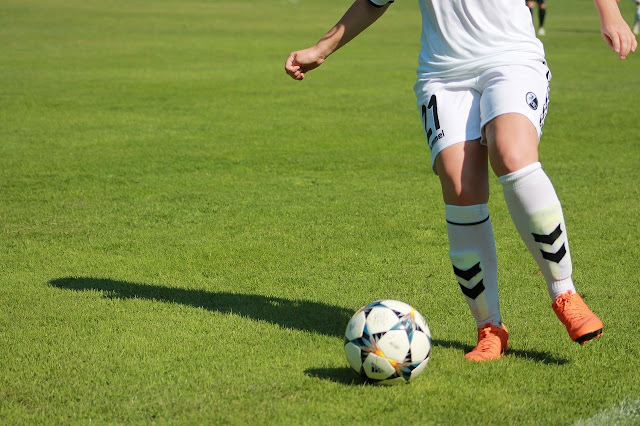Corona Virus: Four Things We Still Don't Know About the Covid-19 Vaccine
Corona Virus: Four Things We Still Don't Know About the Covid-19 Vaccine
All over the world, efforts are being made to stabilize the situation as soon as possible by providing vaccines against the coronavirus and protecting people.
As of January 23, more than six million people have received some dose of the vaccine.
But as other countries try to step up their campaigns, there are a number of issues that were not previously known.
Until now, questions have been raised about how long immunity from the vaccine lasts or whether the vaccine will be effective against new strains of the virus that have emerged around the world.
Almost two months after the start of the largest vaccination campaign in global history, we are still discussing four questions.
1. How long does it take to get immunity from a vaccine?
In recent months, we have been hearing questions about what immunity we develop after contracting the coronavirus or getting vaccinated.
One year after the start of the epidemic, the first study on resistance in the medium-long term has been published.
Due to the time taken to develop the vaccine, long-term studies have not been conducted.
But according to the California-based La Hoya Institute of Immunology, it has been found that several immune responses have appeared for at least six months after recovering from the coronavirus infection.
Public Health England said that people with Covid-19 are safe for at least five months.
Some scientists believe that the immunity developed may persist for longer periods or even years. But the situation may not be the same for all patients.
Each person may receive more or less protection depending on the likelihood of re-infection.
University of Leicester virologist Dr. Julian Tang says, “Since we have just started giving the vaccine, it is not possible to say how long immunity will last. This can vary by patient and type of vaccine but is likely to last six to 12 months.”
But Andrew Baddeley, a professor of molecular medicine at the Mayo Clinic in the United States, is optimistic.
“I think the effects of the vaccine and the resistance will take years to show. There should be a detailed analysis of the cases of the new type of infection and how the patients react after the vaccination."
2. Can you get a coronavirus infection after vaccination?
Maybe, and there are several reasons for that.
The protection provided by the first vaccines does not begin until two or three weeks before the first or only dose of the vaccine, regardless of their type.
"If you are exposed to the virus within a day or a week of vaccination, you are at risk of infection and you can spread the virus to other people," Tang told the BBC.
However, infection may occur several weeks after receiving the required dose of vaccine.
Dr. "Available data suggests that people can get Covid, but they have fewer effects and get less sick," says Baddeley.
He also believes that there is less chance of the virus being transmitted from vaccinated people to others.
There is some agreement that vaccines effectively protect a significant number of people, but the extent to which they control transmission and spread is not known.
3. Does the vaccine protect against the new mutated coronavirus?
This is a matter of concern.
Viruses are constantly mutating. Sometimes the vaccine may not work against the virus. Then the vaccine should be changed.
New variants of the coronavirus found in Britain and South Africa have spread to other countries.
Such types of coronaviruses are believed to be more contagious.
Last week, Moderna announced that its vaccine was also effective against the new type of coronavirus seen in the United Kingdom and South Africa. For the latter type, he has also said that he will produce more vaccines of a new type that gives more protection.
Pfizer/BioEntech also claims that their vaccine will work against the new type of coronavirus.
Dr. "Currently approved vaccines are very effective, but they are not 100 percent effective against emerging or new strains of the virus," says Baddeley.
Dr. According to Tangla, the safety of a vaccine depends on how the new type of virus differs from the old one.
In short, governments and health departments must monitor and identify new types of viruses and decide which methods are best against them.
4. How much vaccine and for how long?
Pfizer, Moderna and the University of Oxford/AstraZeneca say two doses of the vaccine should be given.
Based on the initial trials, people were told to get a second dose of the vaccine three to four weeks after they received the first vaccine.
But at the end of 2020, the United Kingdom said it would prioritize getting the first dose of the vaccine to as many people as possible, with the second vaccine only three months later.
But Pfizer and most of the scientific world are of the conclusion that they will stick to the decision to give the second vaccine 21 days after the first dose of vaccine proven in preliminary tests.
The World Health Organization has given a decision on this and suggested vaccination every 21 or 28 days.
According to the WHO, vaccination can be given at an interval of six weeks in special cases.


Comments
Post a Comment
If you have any doubts. Please let me know.